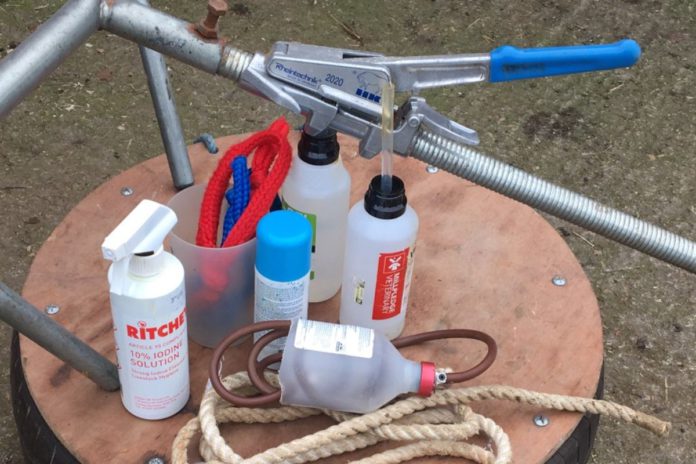It is a legal requirement for veterinary surgeons and veterinary nurses to register with the VCI (Veterinary Council of Ireland) before engaging in any type of veterinary work in Ireland.
Anyone found to be practising while unregistered will be guilty of an offence of the Veterinary Practice Act 2005 and could face prosecution.
The Veterinary Council of Ireland is the statutory body responsible for the regulation and management of the practice of veterinary medicine and veterinary nursing.
The principal function of the Veterinary Council is to regulate the practice of veterinary medicine and veterinary nursing in the Republic of Ireland in the interest of animal health and welfare and in the interest of veterinary public health.
The functions of the Veterinary Council include:
- Protection of the public through the supervision of veterinary education;
- Maintenance of the register of veterinary practitioners and nurses;
- The registration of veterinary premises;
- Disciplinary action in cases of professional misconduct.
How to register with the VCI:
To become registered on the Register of Veterinary Practitioners, you must hold a qualification in veterinary medicine that the VCI recognised for the purpose of registration.
In a previous news article on That’s Farming, we looked at just under 300 veterinary medicine courses that you can study, which you can access via this link.
The VCI may automatically recognise the below categories of qualifications for the purpose of registration:
- Qualifications awarded by universities in Ireland that are accredited by the Veterinary Council of Ireland;
- Qualifications awarded in EU Member States listed in Annex V point 5.4.2 of Directive 2005/36/EC;
- Qualifications awarded by universities that hold full accreditation/approval status with the European Association of Establishments for Veterinary Education (EAEVE);
- Qualifications awarded by universities in the United Kingdom that are accredited by the Royal College of Veterinary Surgeons (RCVS);
- Qualifications awarded after September 20th, 2007, by universities accredited by the American Veterinary Medicine Association (AVMA), where the applicant can provide evidence of a passing score in the North American Veterinary Licensing Examination (NAVLE);
- Qualifications awarded by universities that hold full accreditation/approval status with the Australasian Veterinary Boards Council (AVBC).
If your qualification in veterinary medicine is not recognised by the VCI for the purpose of registration, you are not entitled to be registered to practice veterinary medicine in the state.
In some cases, upon assessing a qualification, the council may determine that an applicant must sit and pass its registration examination to be deemed eligible for registration.
Steps:
- Download the required registration application form;
- Gather documentation (certified and/or notarised (you can find a list of notaries on the website of The Faculty of Notaries Public in Ireland) where required) and the completed registration form. Gather your registration application form, academic qualification, final year transcripts and your ID page of your passport;
- Create an online registration account;
- Enter the required information, upload the required documentation and the completed registration application form to your online registration account;
- Request the relevant authority – your education provider – to provide a letter of good standing and email this to [email protected]
- The VCI advises that you should allow up to 10 working days for application processing;
- The VCI will then assess and verify your application, and will make a decision regarding eligibility to join the register;
- You will receive an email notification confirming the outcome of your application;
- Successful applicants must pay the registration fee (€250 for the application for first registration as a veterinary practitioner in his/her year of graduation. Fees for an application for first registration as a vet practitioner: January 1st-March 31st: €620, April 1st-June 30th – €495, September 30th-July 1st – €370 and October 1st-December 31st: €240 [Information – VCI – schedule of fees). Please note there is a €505 free payable, being the annual retention fee in a given year for retention of a vet practitioner’s name on the register;
- Upon completion of all of the above steps, the VCI will then enter you onto the relevant register. Therefore, you will receive confirmation of registration, a unique registration number and access to the Registrant Extranet.
Continuing Veterinary Education (CVE) is mandatory for retention on the Veterinary Council of Ireland’s register, the body has confirmed to That’s Farming.





